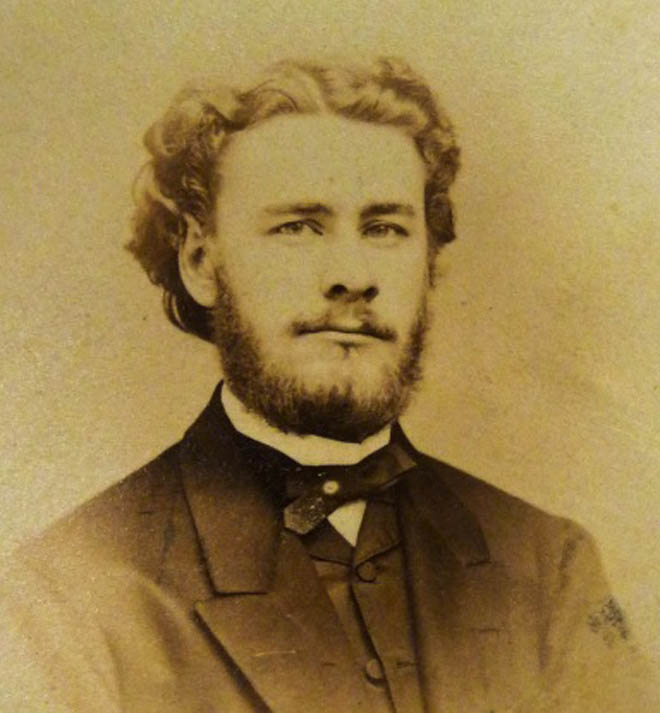
Monday, October 29, 2018
Charles Augustus Briggs
Religion has always shaped society. Whether it was the devotion to it, questioning it, or the fight over the two, religion has always been a part of a culture, especially before the modern classification of atheism. In the 19th century, it was still seen as a "crime against religion" to counter something that the church told its believers. Charles Augustus Briggs was among the first to stand for his own laws of belief. Educated at the University of Virginia, Briggs followed his degree took an appointment of pastor at a Presbyterian church, and then with a long journey in Europe where he was exposed to many other ideologies about religion and its importance in life. 14 years later, he accepted a job as a professor of theology. In his teachings, Briggs countered some traditional beliefs about the Bible, namely that there were certain discrepancies and errors in the original testament of the Bible. He also countered the belief that Moses was the author of the Pentateuch. Briggs even went further to claim that salvation was not achieved through death. All of these beliefs brought him to trial where he was tried for heresy. Although he was acquitted, his messages were not forgotten, and eventually, the Presbyterian church excommunicated Briggs. Much like former religious activists Martin Luthor and John Calvin, Briggs was shunned for his beliefs, emphasizing the intense hold that the church had on society and their thoughts.


Subscribe to:
Post Comments (Atom)
Killing Osama
After being elected President, Obama accomplished many things but the most notable is ordering the killing of Osama Bin Laden. After several...
-
The remote windy beaches of Kitty Hawk, North Carolina, were the scene of one of the most significant events of the early 20th century. On D...
-
The Industrial Revolution was an era of technological advancement that had a long-lasting global impact. Starting in the late 1700s, the de...
-
The End of the Horse & Buggy Era In 1865, the average American home was lit by fire. Candles and oil lamps were common light source...
2 comments:
This is interesting as he was a religious man, but sought a compromise between science and religion. He tried to bring the two extremes together, but everyone hated him for it.
I think an important thing to understand about Briggs spreading his ideas is that even though he was shunned by a vast majority of people, he did set off a religious revolution that started to gain attention. For there to be people who accepted his ideas, it would mean that there really was a part of society that consisted of individuals who were questioning the validity of the Bible and other religious ideas.
It means that Briggs wasn't really the first one to suspect wrongs in the Bible; he was just one of the first to speak up about it. This shows that at this point in time, there was a considerable amount of people who doubted the fundamentals of religion, but kept to themselves, and all they needed was someone to speak up and light the match of the "new construction of Christianity."
Post a Comment